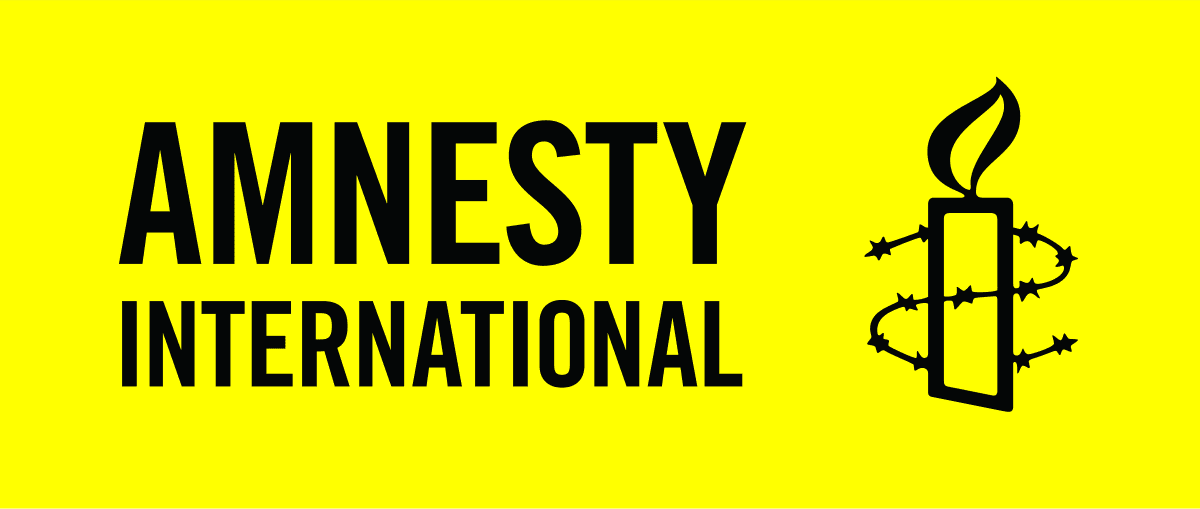Amnesty International urges accountability for violence against pro-European protesters in Georgia

“The Georgian authorities must end their practice of dispersing, beating, harassing and selectively prosecuting protesters,” said Denis Krivosheev, Deputy Director for Eastern Europe and Central Asia
Author
Front News Georgia
Amnesty International has launched a global campaign demanding that Georgian authorities ensure accountability for human rights violations committed against pro-European protesters, including alleged acts of violence, torture, and arbitrary detention.
In a statement released on 1 July, the organization said that since November 2024, when the Georgian Dream authorities announced delay in the country’s EU integration until 2028, demonstrators across the country have faced excessive force, unlawful arrests, and ill-treatment for participating in largely peaceful protests against repressive laws and the stalling of the country’s EU accession process.
“The Georgian authorities must end their practice of dispersing, beating, harassing and selectively prosecuting protesters,” said Denis Krivosheev, Deputy Director for Eastern Europe and Central Asia. “International support and attention are critical to protecting the right to peaceful protest and to pressuring the Georgian authorities to respect their human rights obligations.”
Amnesty noted that despite hundreds of complaints, no law enforcement officers have been held accountable to date. The organization called on the Prosecutor General of Georgia to ensure prompt, independent, and effective investigations into all allegations of torture and ill-treatment, and to provide justice and reparations to victims.
The campaign will highlight specific cases, including those of Saba Skhvitaridze and media manager Mzia Amaglobeli, whom Amnesty said “have been subjected to torture, unfair trials, and unjust detention for exercising their right to protest.”
According to official data from Georgia’s Special Investigation Service, 343 people - including 49 journalists - submitted requests for investigations between November and December 2024 alone. Yet nearly seven months later, no officers implicated in abuses have been identified or prosecuted. Protesters also allege the confiscation of personal items such as phones, laptops, wallets, and watches, which remain unreturned - a practice some lawyers argue may constitute robbery or a civil offense.
The protests have drawn large pro-European crowds demanding early parliamentary elections and the release of detainees, including Amaglobeli. Demonstrators view the arrested protesters as political prisoners.
Critics say the ruling Georgian Dream party is increasingly using legal tools to suppress dissent, including imposing fines on journalists covering demonstrations and tightening restrictions on public assembly. Western governments and institutions have also expressed concern. On 10 April, the Parliamentary Assembly of the Council of Europe adopted a resolution urging the “immediate release of political prisoners” in Georgia and raising broader concerns about democratic backsliding.
Despite these criticisms, Georgian Dream officials insist that the country remains committed to European integration, while increasingly accusing unnamed “deep state” actors in Brussels of attempting to destabilize Georgia - a claim for which no evidence has been presented. The government has also accused EU leaders of applying “double standards” toward candidate countries, suggesting an “unjust approach” to Georgia’s membership aspirations.





